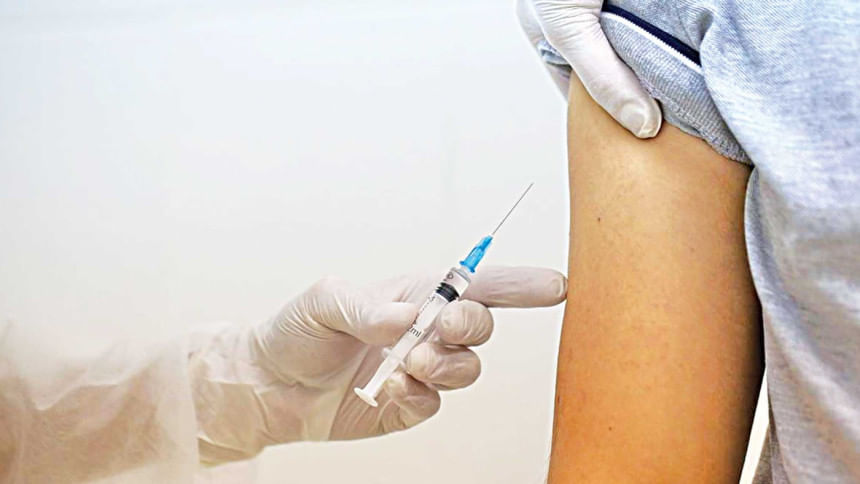What happens if you get vaccinated during COVID-19 positive?

Getting the COVID-19 vaccine is critical to your protection. When COVID-19 cases spread, everyone is at risk of contracting the infection. A person may be symptomatic or test positive at the time of vaccination and do not know it. Alternatively, many people may have been asymptomatic or pre-symptomatic at the time of vaccination. What if you have COVID-19 but do not know when you have been vaccinated? No, getting the vaccine while having COVID-19 will not make you sicker or less sick, but it may reduce the vaccine's effectiveness.
We are still in the midst of COVID waves. Increasing mutations give rise to different variants, now posing a global threat. So, keep up the COVID-appropriate behaviour. It is worrying if you have symptoms or test positive right before a vaccination because the newer virus variants are scarier for those who are not vaccinated or have low immunity. There may also be new vaccine-resistant variants.
People who are currently COVID positive and in quarantine or who suspect COVID symptoms should not get vaccinated but should first complete the quarantine period. Due to its rapid spread, it is rare that an asymptomatic person develops symptoms later and is unaware of being positive. People exposed to COVID-19 positive patients or suspect even mild symptoms should stay home rather than be vaccinated. If you are negative, you can wait 30 days to get your first dose. Your immunity should be high at that time.
As mentioned above, it can happen that many who turn up for the vaccination appointment only realise their possible positive status only if they are subjected to a test. While it is concerning to think about getting vaccinated when somebody is already COVID positive, scientifically, there is no conclusive evidence of how the vaccine may react when there is already an active virus in the body. This may, however, depend on whether somebody is showing symptoms and how severe the symptoms in themselves are.
While an active infection may not affect the vaccine, some experts believe a suspected COVID-19 case may reduce the virus's efficacy. Vaccines may not be able to stimulate a healthy immune response. The vaccine's effectiveness and antibody production are key. That means the immune system is already busy fighting the disease and may not mount a healthy and effective response when a vaccine dose is administered.
Since the infection already pushes your immune system into action, whether symptomatic or asymptomatic, it can directly impact the immune response generated by the vaccine. If there is already some level of inflammation present in the body or symptoms you may be already showcasing, the side effects caused by the vaccine can intensify the severity of the same or even take longer to resolve.
The writer is a gerontologist and a public health specialist. E-mail: [email protected]

 For all latest news, follow The Daily Star's Google News channel.
For all latest news, follow The Daily Star's Google News channel. 



Comments